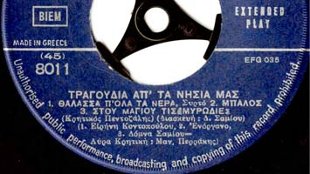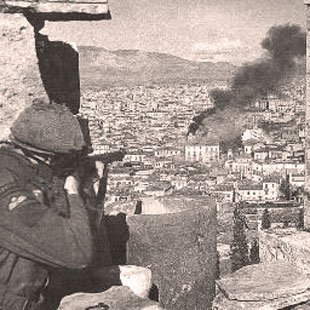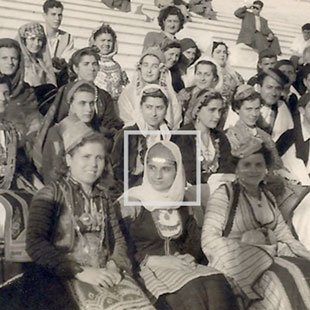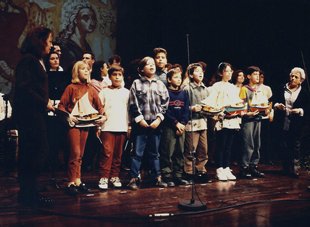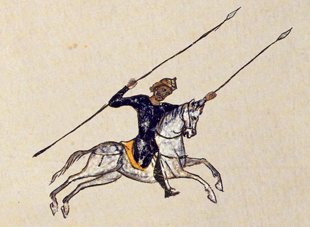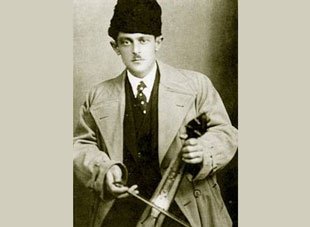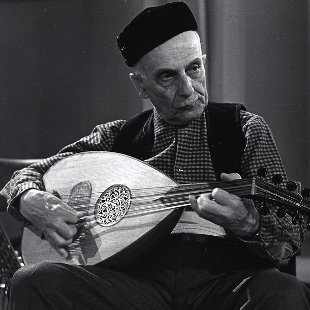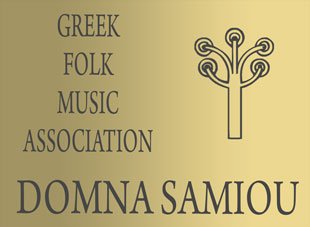You are at: Home page Her Work List of Songs Our Tráta All Tattered
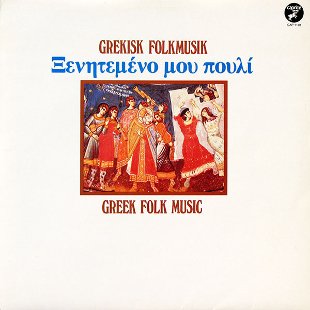
Our Tráta All Tattered

Η τράτα μας η κουρελού
Listen
Lyrics
Our battered old boat and its tattered old nets
patched over and over and yet always torn.
Our old boat
needs sails,
Our old boat
needs oars
If mum only knew that I worked on that boat,
she’d send me my clothes and my old breeches, too.
We spread our nets off Karystos one night
and hauled in a load of fish and a squid.
Translated by Michael Eleftheriou
Original Lyrics
Η τράτα μας η κουρελού
H τράτα μας η κουρελού η χιλιομπαλωμένη
όλο τηνε μπαλώναμε κι όλο ήταν ξεσκισμένη.
H τράτα μας, γκιόσα
θέλει κουπιά, γκιόσα
θέλει πανιά, γκιόσα
γιαλέλι μ’ γιαλέλι μ’ γιαλέλι μ’ γεια χαρά
γιαλέλι μ’ γιαλέλι μ’ γεια χαρά σας ρε παιδιά.
Αν το ’ξερε η μάνα μου πως δούλευα στην τράτα
θα μου ’στελνε τα ρούχα μου και την παλιά μου βράκα.
Πήγαμε και καλάραμε στην Kάρυστο ένα βράδυ
ψάρια πολλά επιάσαμε και ένα καλαμάρι.
Information
- Region: Central Greece
- Area: Euboea
- Type: Couplets
- Categories: Sea and Sailors Song, Lampoon
- Rhythm: 2 beats
- Dance style: Syrtos
- Duration: 02:45
Collaborators
- Singer: Domna Samiou
- Choir: Greek Folk Dance Group ‘Eleni Tsaouli’
- Violin: Stefanos Vartanis
- Oud: Petros Athanasopoulos-Kalyvas
- Lute: Christos Athanassopoulos-Mortakis
- Goblet drum: Andreas Pappas
Albums
Notes
An old sea song once used to set the rhythm for tasks performed by groups of men. Tráta initially denoted the conical net used by fishermen. Over time, it came to mean the boat that fished with such nets as well as the act of hauling the laden net out of the sea, an exhausting job and one that could be achieved only if they all worked in unison. The “Tráta" was such a song, in which one of the work gang sang words to encourage their efforts and the others repeated a refrain. The melodies were rudimentary in such songs, the rhythm of which matched the task at hand and the words of which, erotic or teasing, sung coarsely by groups of men, would mock and simultaneously motivate the singers.
Over the course of the 20th century, from the time it was first recorded, this particular traditional work song -like many others of its kind- was transformed into a song for amusement and dancing, with a wide range of lyrics, moods and performance styles. At some point along the way, the song acquired its current title.
The first recording -and most likely the closest to the song’s original, anonymous form- took place in the USAa, in 1927, by Sotiris Stasinopoulos.
The variation recorded for this album comes from Karystos, in Southern Evia, where it accompanies a syrtós in a 2/4 rhythm. Miranda Terzopoulou (2018).
Recording information
Studio recording 1979.
In Domna Samiou's Archive, there is another version of the song recorded in Euboea in 1976.
The following is another version of the song from Kymi, Euboea by Domna Samiou.
See also the songs Our Fishing-Boat a Battered Hulk (Trikeri, Thessaly), I Sold my Boat (Dodecanese).
Member Comments
Post a comment
See also

Song
All Attend at Church
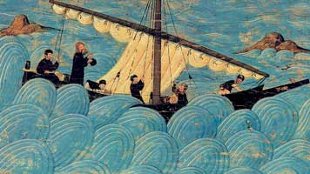
Song
At the Casement of the House
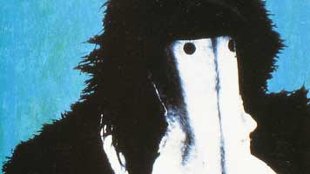
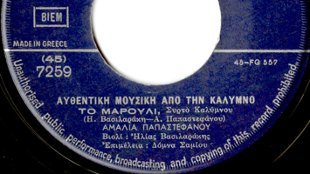
Song
Exile Is the Greatest Hardship
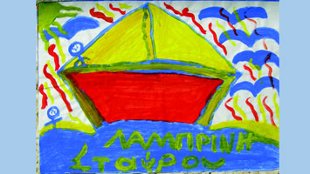
Song
Fishermen, Have You Any Fish
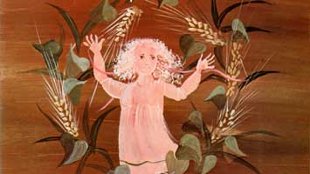
Song
I See Some Ships Approaching Port

Song
Kaklamaniko

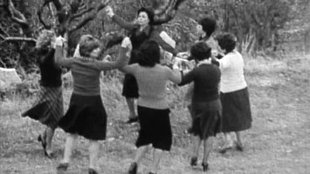

Song
Our Fishing-Boat a Battered Hulk

Song
Should You See a Vessel Pass


Song
The Son of the Armenian
